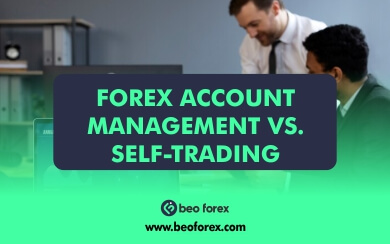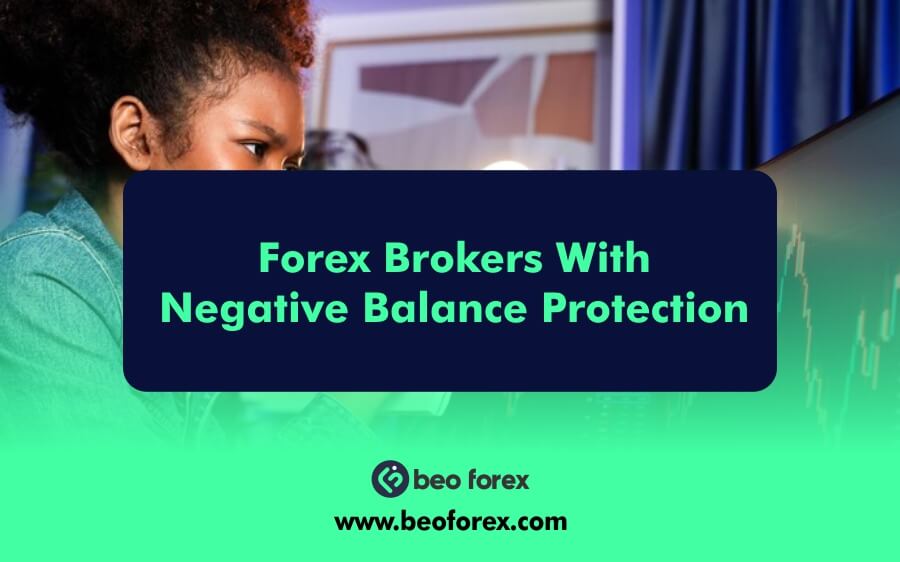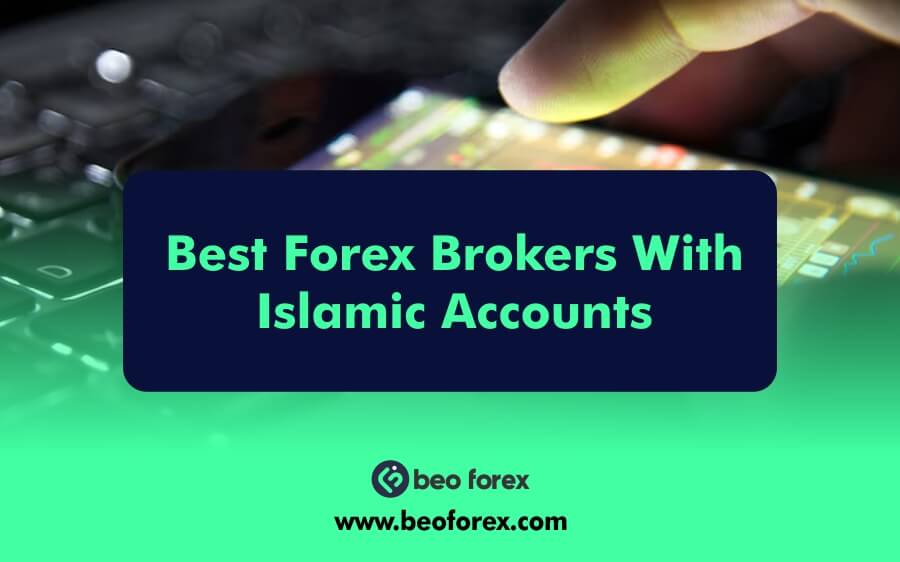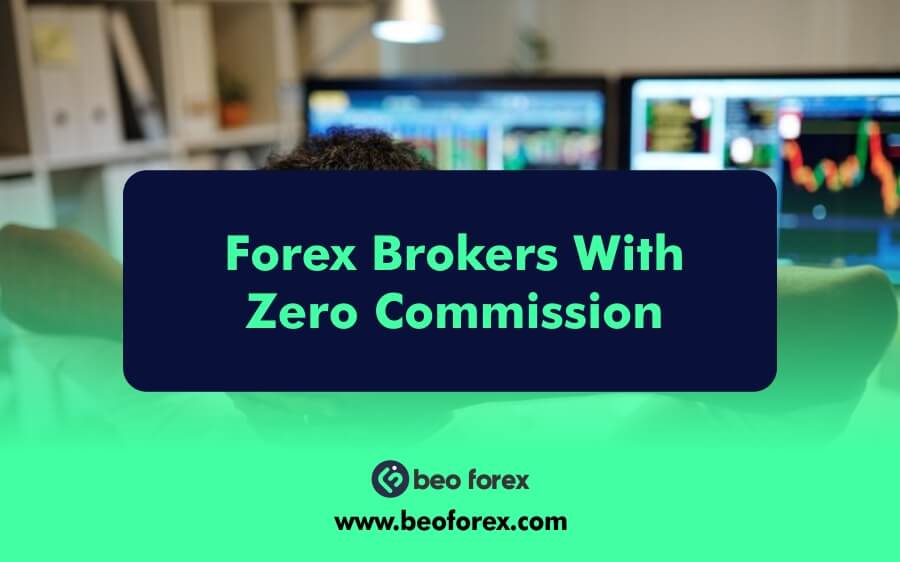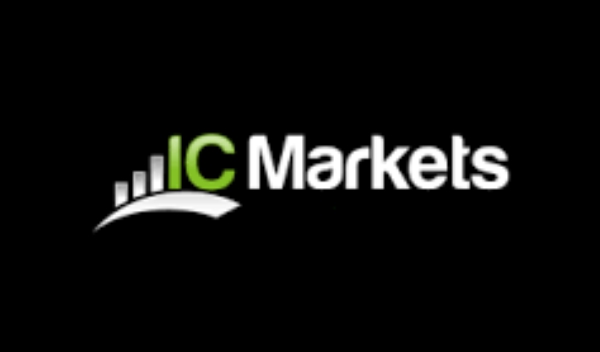Forex Account Management vs Self-Trading: Which is Better? Many investors have debated Forex Account Management vs self-trading when considering an appropriate course of action within the foreign exchange market. Each of these options carries several advantages and problems, which depend on your trading goals and experience and the availability of time. The choice between Forex account management vs. self-trading can significantly impact your potential for success. Whether you choose Forex account management or decide to go the self-trading route or whether one likes their account to be operated by professional traders or enjoy managing it on their own because of the feeling of control or for learning reasons, for a better decision, first it is important to understand the key differences between Forex Account Management vs Self-Trading. In this guide, we will see which one of these two approaches will be the right fit for your trading journey.
Overview of Forex Account Management
A managed Forex trading account is an appealing investment option for those willing to accept the risks of leveraged trading in exchange for potentially higher returns. This option is ideal for investors looking to take on significant risk while receiving expert guidance in making trading decisions. The account manager will trade your capital alongside that of other investors by buying and selling foreign currencies. The account manager might be a single trader or even a group of traders.
Most account managers are professional traders in forex or asset managers with investment firms, having a verifiable track record. Accordingly, the professionals have vast experience in the market; hence strategic approaches in trading are used, most of which utilize a combination of technical analysis, fundamental analysis, and varied risk management techniques.
Key Features of Forex Account Management
It allows Hands-off Approach
The biggest advantage is that investors are not required to be involved in the everyday decision-making processes. Your account manager handles everything from market analysis to trade execution, making it ideal for those without the time or expertise to trade themselves..
Dependence on Professional Traders
Managed accounts are kept by professional traders or asset managers with relevant experience and specialized knowledge in the area in which they operate. Therefore, investors can benefit from their strategies, skills, and market insights without needing to develop them personally.
Personalized Strategies
Most managers of accounts develop their strategies to conform to a particular investor’s risk tolerance, investment goals, and preference list for a customized approach to forex trading.
Possibility of Steady Returns
The possibility of consistent returns would be higher if a professional handles your investments, but again, it depends on market conditions.
Transparency and Monitoring
Most forex account management services provide their investors with facilities to track the real-time performance of their money invested in order to ensure complete transparency and accountability.
Pros of Forex Account Management
Time-Saving and Hands-off Management
The main advantage is that you don’t have to actively manage the account yourself, saving time and effort. Professional traders handle all trading activities, allowing you to focus on other aspects of life while still participating in the forex market.
Access to Professional Expertise
A managed Forex account is where access to professional traders and people experienced in the market promotes market understanding, thus reducing the learning curve. This will help in minimizing risks associated with novice trading mistakes.
Higher Potential for Profits
Leveraging the skills and strategies of experienced traders can yield better returns than self-trading, especially if you lack sufficient market knowledge.
Risk Management
The result is expert account managers who will employ effective risk management practices which would save your investment from incurring massive losses. To those who have never worked with forex trading risk, this could mean a huge advantage.
Customization
Some of them even let you tailor the risk and trading strategy to your liking and investment objectives so that your account can be managed in a way consistent with your financial goals.
Cons of Forex Account Management
Scam Risks
The major disadvantages include the risk of fraud if you have not researched the forex account manager to the fullest. Novice or fake managers equal extreme financial loss.
Lack of Control
Some investors may not feel comfortable just allowing an outsider to have complete control and trade in their account. This then leads to some issues of transparency, trust, and the nature of the trade execution.
Costs and Commissions
The usual model for compensation in a managed forex account is some sort of management fee or commission-based performance that gnaws at your profits. One has to weigh it, therefore, against the potential return that one reaps.
Vigilance Required
Even if the account is being managed professionally, you still have to monitor the service and make sure that what the manager is doing is precisely in line with what you would have in mind. Failure to do that may lead to dissatisfaction or missed opportunities.
Less Personal Learning Opportunity
Instead, under dependence on the manager’s person, you do not have a chance to take an eye on the forex market personally, and this probably does not allow developing a trading skill or strategy for your own.
Overview of Self-Trading in Forex
Forex self-trading refers to an individual managing their trading account independently, making their own buy or sell decisions for currency pairs in the foreign exchange market. This approach allows traders full control over their investments, enabling them to execute trades based on personal analysis and strategies.
Responsibilities Involved in Self-Trading
Market Analysis
Forex self-trading commences with thorough market analysis. Traders should research currency pairs and monitor economic indicators, geopolitical events, and news that may impact the market. Such analysis is necessary for determining trends and finding other trading opportunities.
Strategy Development
Once any market analysis is performed, the next step will be the strategy development. The traders will have a very specific trading plan, displaying the entry and exit points, level of risk tolerance, and position sizing. A well-defined strategy can be said to be the roadmap for trading decisions.
Strategy Execution
Having done this, one now moves to strategy execution. A trader has got to efficiently execute his plans by ensuring he is timely in executing his trades. This involves setting orders such as stop-loss and take-profit levels to manage the trade for protection of capital.
Risk Management
Effective risk management plays an important role in self-trading. A trader must predetermine how much capital he will risk in a trade and constantly monitor his current exposure, making sure it is within his accepted levels of risk. It is at this point that good risk management helps to avoid huge losses.
Performance Review
Self-traders need regular performance reviews. Analyzing past trades highlights a strategy’s strengths and weaknesses, enabling adjustments for improved future performance and adaptation to changing market conditions.
Emotional Discipline
The most important factor in self-trading is emotional discipline. This includes staying focused on the signals and following one’s trading plan without rushing into making any decision just because of market volatility. In this way, one can avoid revenge trading and overtrading.
Continuous Learning
Finally, continuous learning itself is an integral part of self-trading. A trader should always learn about market developments, economic news, and trading strategies. Further studying and practicing develops the skill and knowledge, thus enhancing overall trader performance.
Pros of Self-Trading
Full Control
Self-trading gives the person entirely his or her own control to make decisions about trading and behave exactly they sees fit.
Skill Development
This helps traders improve their skills and practical experience in forex trading, building up knowledge concerning market dynamics, technical analysis, and risk management.
Situational Strategies
The self-trader will be able to devise his strategies concerning the prevailing conditions of both the market and his appropriate risk tolerance, thus making it very personalized.
Flexibility and Adaptability
It could provide ample opportunities for traders to change with the dynamics of the market rapidly and hence make quick decisions to capitalize on such short-term opportunities.
Growth Opportunities
The active leading role in the market represents a chance for valuable learning, to make informed decisions and perfect one’s trading activities through time.
Higher Profits Possibility
Self-trading can bring higher returns; traders can benefit from their ideas and strategies without sharing the outcome with the manager.
Cons of Self-Trading
Time and Effort Needed
Self-trading involves a huge investment in the continuous learning and management of the intricacies involved with forex trading, which is very time-consuming.
Initial Struggles
Beginners in this kind of business go through a number of costly mistakes while on a learning curve that may result in loss.
Emotional Stress
The decision-making stress in trading may emerge into emotional stress, negatively affecting performance and decision-making.
Lack of Professional Guidance
In absence of professional traders’ involvement, the self-traders might miss some opportunities or make uninformed decisions due to lack of deeper analysis or insight.
Frequently Asked Questions (FAQs)
How Does Account Management in Forex Work?
- An account manager-or a team of traders-will trade your capital together with other investors’ capital, buying and selling currencies when you open a managed forex trading account. They will have discretionary power over the funds. They are allowed to make the decisions without consulting you. They usually charge a performance fee and only get paid if they make you money.
How does a Forex managed account differ from self-trading in Forex?
- In a Forex managed account, investors delegate trading decisions and fund management to professionals, while self-trading involves personally executing trades and managing positions.
Can I withdraw my funds from a forex managed account?
- Yes, investors generally have the ability to withdraw their funds from a forex managed account. Withdrawal processes may vary depending on the money manager or brokerage, and it’s important to review the terms and conditions regarding withdrawals before investing.

